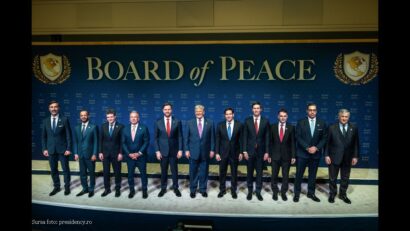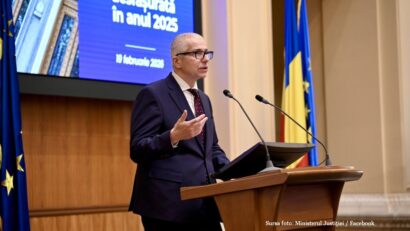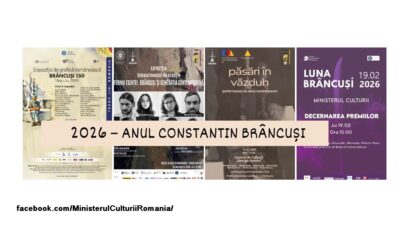NATO and the future of Europe
The NATO Foreign Ministers have held in Brussels their last meeting this year. The officials adopted several measures of cooperation with the EU and reaffirmed their stand in the relation with Russia.

Corina Cristea, 08.12.2016, 14:27
Gathered for two days in Brussels to attend their last meeting this year, the NATO foreign ministers endorsed a package of 42 measures aimed at deepening cooperation with the EU in seven areas, including countering hybrid and cyber threats, working together in maritime operations and capability development.
The measures are actually implementing the NATO — EU Joint Declaration signed at the Warsaw summit this summer. The declaration adopted in Brussels shows that Europe’s and North America’s security is connected more than ever with challenges coming from the south and east, and the responses to that should be the result of joint action and cooperation.
According to the NATO Secretary General Jens Stoltenberg, NATO has reasons to worry about the global security situation, but there are no imminent threats targeting the members of the Alliance.
In another move, the allied countries have stressed that Russia’s aggressiveness will not be tolerated. Jens Stoltenberg pleaded for maintaining economic sanctions against Russia until the full implementation of the Minsk agreements, a stand also supported by Romania. As it was explained at the meeting in Brussels by the Romanian Foreign Minister Lazar Comanescu, Romania believes that NATO and the EU should not overlap but cooperate in designing neighbouring security, in keeping with the capacity that each organisation has.
Lazar Comanescu added that, as regards Russia, although opinions may slightly differ, it’s quite obvious that all the allies are in favour of combining discouragement and defence measures, while still keeping the gate open for dialogue.
In another development, minister Comanescu has stated that Romania will stay deployed in Afghanistan next year as well. He has also said that the NATO Secretary General insisted on the need for the older NATO-Russia control mechanisms regarding military exercises and armament to be maintained, and the declaration is indicative of the allies’ decision to maintain the formats already negotiated, even if new formulas are being considered.
Jens Stoltenberg has also voiced his belief that the new US administration supports stronger relations between NATO and the EU and that the US will stay committed to the trans-Atlantic connection and to NATO, meeting the right expectations as regards guarantees to Europe’s security. (Translated by M. Ignatescu)






























